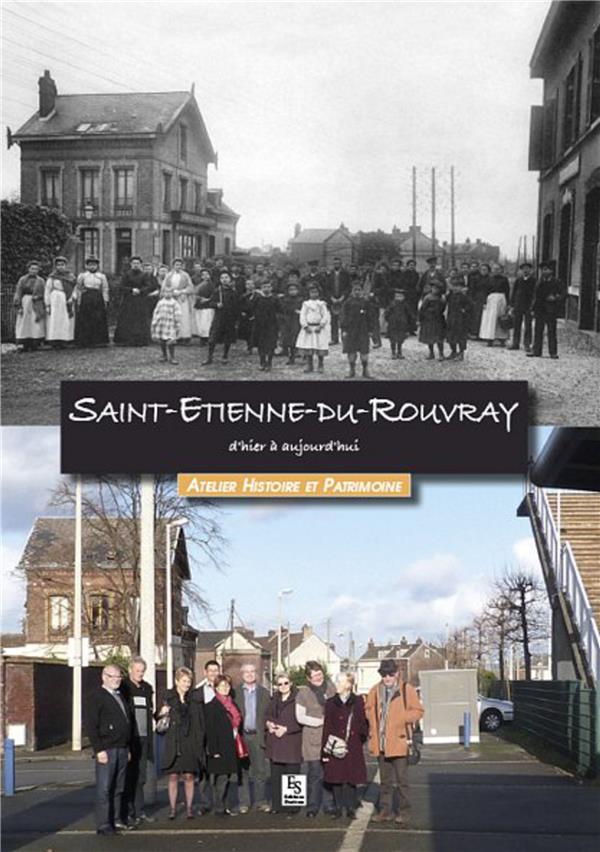
WEIGHT: 53 kg
Bust: 3
One HOUR:70$
NIGHT: +60$
Services: Uniforms, Oral, Fisting vaginal, Massage professional, Cum on breast
Search Access content directly Footer. Sign in. Search Loading Search using SolR syntax. Search using SolR syntax Run the search. Theses Year : Sandratra Rasendrasoa 1.
Abstract en fr. The main work in this thesis concerns dialogical interactions that take place in a multi-party context, i. The objective of this thesis is therefore to study the theoretical and practical means to allow multi-party interaction between several virtual agents, robots and humans. It will focus on the choice of dialogical actions, in particular with an emotional component of artificial companions. Integrating this emotional component enables to increase the engagement in interaction from the users and the credibility of the agents.

Expressing the most natural behavior possible, in the sense of being similar to that of a human user, requires the use of several modalities utterance, voice, gesture, etc.
The behavior of the agents will depend on both the dialog and the inferred state of the human users. During dialogic interaction, an agent follows a simplified cycle composed of a perception, decision and action phase. This thesis intervenes mainly in the perception and action phases, where two scientific deadlocks have been identified:During the perception phase, a mechanism for interpreting the actions, attitudes, dialogical statements and emotions of human users is necessary.

This involves extracting the semantics of raw observations from multimodal data text, sound, video, etc. In this thesis, the main focus is on the recognition of emotions displayed in a multiparty conversation, via the extraction of several modalities utterance, voice, face. During the action phase, the emotion to be played by the agent is generated according to what it has perceived and what it has decided. In the context of a focus group where an agent has the role of facilitator, a facilitation strategy, based on group emotional intelligence, is proposed to evaluate the participants' engagement in the conversation.


































